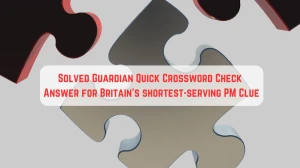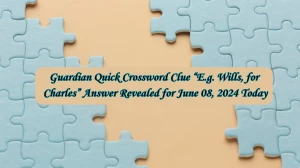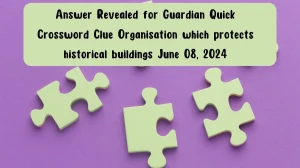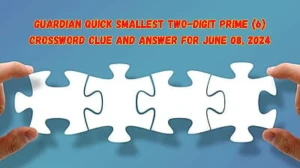- Hirelateral »
- Crossword »
- Wall Street Crossword Condition once called “word blindness” Check the Answer for May 17, 2024
Wall Street Crossword Condition once called “word blindness” Check the Answer for May 17, 2024
by Reshwanth
Updated May 17, 2024
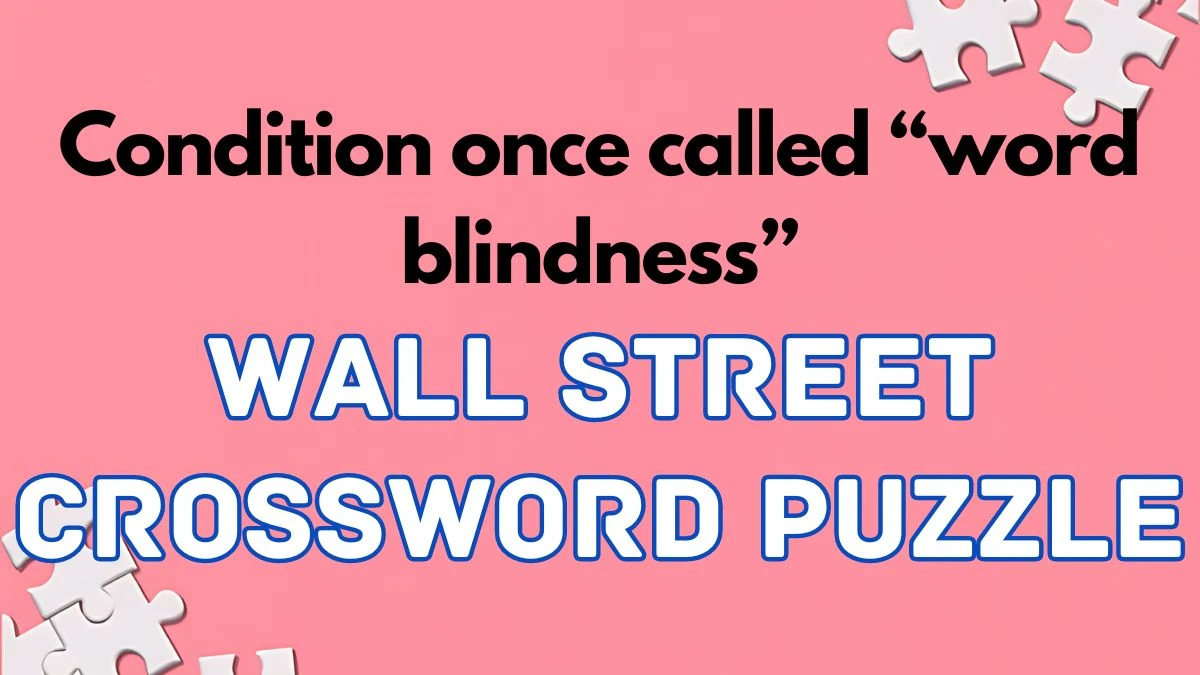
The Wall Street crossword puzzle is a daily and weekend crossword that the Wall Street Journal publishes. It has been in the newspaper since the late 1920s. The puzzles are known for being tricky and often include things happening now and things that are part of our culture.
The Wall Street Journal makes new crosswords every Monday to Friday, made by some of the best puzzle makers. You can solve the puzzles and send them in on the WSJ Puzzles website. Also, there are old puzzles and their answers there for people who need help or want to talk with other people who like crosswords.
Hints
- This condition was historically referred to as "word blindness".
- The difficulty individuals with dyslexia experience in reading and interpreting words.
- Dyslexia is a learning disorder that affects a person's ability to read, write, and spell.
- It's often characterized by difficulties with phonological processing, which can make it challenging to decode words and recognize them quickly.
Clue
Break the clue: Condition once called “word blindness”
Clue Explanation
- "Word blindness" is an old word for a condition that we now call dyslexia. It's a problem in the brain that makes it hard for people to read and understand words. This happens because of trouble in the back of the brain where things we see get put together.
- Dyslexia makes it hard for people to read or write, and it affects different people in different ways. People with dyslexia might have trouble spelling words, reading fast, writing words, saying words out loud, and understanding what they read.
Answer
|
D |
Y |
S |
L |
E |
X |
I |
A |
Answer Explanation
Dyslexia is when it's hard for people to read and write. But it's more than that—it's about how the brain handles information. People with dyslexia might struggle to process and remember things they see and hear, which can make learning and reading tough for them.
